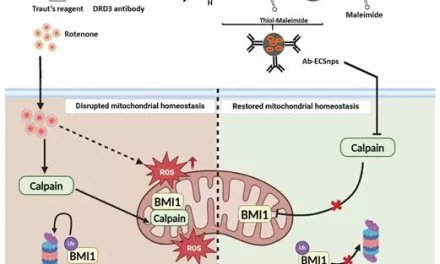In a breakthrough for the global fight against malaria, the first blood-stage malaria vaccine, RH5.1/Matrix-M, has shown significant promise in combating rising cases of the disease, according to a report released on Thursday by GlobalData, a leading data and analytics company.
The report highlighted that RH5.1/Matrix-M has the potential to become a critical component of an evolving malaria vaccine strategy. A recent study conducted by researchers in Burkina Faso and the UK found the vaccine to be safe, effective, and highly immunogenic, marking a pivotal step in addressing malaria’s enduring burden.
Promising Efficacy in Phase 2b Trial
The vaccine was evaluated in a double-blind, randomized, controlled Phase 2b trial involving 361 children aged 5 to 17 months. Administered in a delayed third-dose regimen at 0, 1, and 5 months, the vaccine demonstrated 55% efficacy against clinical malaria. Notably, it also showed over 80% efficacy against high levels of malaria parasites, suggesting strong protection against severe disease.
The findings, published in The Lancet Infectious Diseases, revealed that RH5.1/Matrix-M was generally safe and well-tolerated, with no serious adverse events reported.
Stephanie Kurdach, an Infectious Disease Analyst at GlobalData, emphasized the vaccine’s potential impact:
“RH5.1/Matrix-M has the potential to be the first blood-stage malaria vaccine brought to market. This could be a much-needed addition to the currently available malaria vaccines and provide an important second line of defense for those most at risk of contracting malaria.”
Addressing a Persistent Global Health Challenge
Malaria, caused by Plasmodium protozoans and transmitted through the bite of infected female Anopheles mosquitoes, remains a significant global health challenge. While progress has been made in eradicating the disease in some nations, the World Health Organization (WHO) reports that malaria continues to impose a heavy burden, particularly in the African Region.
Current vaccines, such as GSK’s Mosquirix and the Serum Institute of India’s R21/Matrix-M, target the early sporozoite stage of the parasite. However, as immunity from these vaccines wanes, sporozoites can progress to infect the liver and lead to blood-stage malaria.
A blood-stage malaria vaccine, such as RH5.1/Matrix-M, could complement existing vaccines and offer an additional layer of protection.
Future Prospects
GlobalData’s report also noted that 11 other malaria vaccines are currently in Phase II development. These include pre-erythrocytic and blood-stage vaccines from manufacturers such as BioNTech, GSK, the National Institute of Allergy and Infectious Diseases (NIAID), and Vac4All SAS.
However, there are currently no malaria vaccines in Phase III development or pre-registration, underscoring the urgent need for continued innovation and investment in this field.
Kurdach highlighted the critical role that RH5.1/Matrix-M and similar vaccines could play:
“The development of a blood-stage malaria vaccine would not only complement existing vaccines but could also provide a much-needed second line of defense, particularly for vulnerable populations in malaria-endemic regions.”
As the global fight against malaria continues, advancements like RH5.1/Matrix-M offer renewed hope in reducing the burden of this deadly disease.












